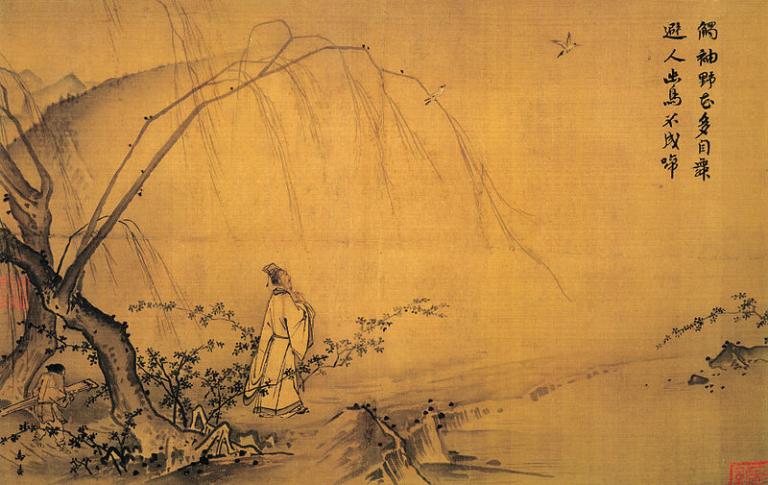
(Wikimedia Commons public domain image)
I’ve written on two previous days here — see “Love in a Time of Tribalism” and “Some notes following the death of Rush Limbaugh” — about the toxicity and personal animosity that characterize far too much of our contemporary public discourse. I had thought that I was done with the subject. But I’ve seen some good, relevant things that I want to call to your notice. First of all, though, as I’ve read more and more about the incredibly contemptuous (and contemptible) responses of some to the passing of Rush Limbaugh, the justly famous Meditation XVII from John Donne’s “Devotions upon Emergent Occasions” keeps coming to mind:
No man is an island,
Entire of itself,
Every man is a piece of the continent,
A part of the main.
If a clod be washed away by the sea,
Europe is the less.
As well as if a promontory were.
As well as if a manor of thy friend’s
Or of thine own were:
Any man’s death diminishes me,
Because I am involved in mankind,
And therefore never send to know for whom the bell tolls;
It tolls for thee.
It’s been appalling. “Everything,” the saying goes, “is political.” And, sadly, it seems that for many that is now entirely true. Even the great issues of life and death become partisan — and poisoned by partisanship:
I like this article, from Boyd Matheson of the Deseret News, very much:
Also this from National Review, which is somewhat in the spirit of John Donne’s meditation, given above:
“Why We’re Taught to Not Speak Ill of the Dead”
And then there’s this, from the superb and always reliable Babylon Bee:
“Party Of Love And Progress Rejoices Over Death Of Political Opponent”
But I want to offer yet another example of toxic political discourse, hoping, frankly, that some Latter-day Saints will see and recognize that certain of those whom they think to be their friends and political allies are really not their friends at all. Have a look at the reader comments following this article:
Finally, although I’ve sworn off discussing politics here, I need, as background for the following link, to explain that I did not vote for Joe Biden in the most recent presidential election. I’m a free-market conservative, committed to both the Constitution and to federalism. I disagree with much that Mr. Biden has already done as president, and I will, no doubt, disagree with more that he will yet do. But I do not consider him demonic, or a traitor, or the enemy. And I liked this:
“What a Latter-day Saint Learned about Mr. Joe Biden through Decades of Working on Capitol Hill”
It is possible — in fact, it’s a moral duty — to disagree, if we disagree, as amicably and civilly as possible.
***
I have nothing personal against Mr. Jonathan Neville. Nothing at all. I think that I may have met him once, but I only vaguely remember it and I couldn’t pick him out of a crowd. But Mr. Neville evidently has something against me and some of my friends and colleagues. And, unfortunately, I think that the kinds of critiques that are offered on the Neville-Neville Land blog are necessary in combatting potentially schismatic false teaching. So here are a few more links:
“Heartland research director: “The Church is off course””
“Jonathan Neville is tediously repetitive”
“Jonathan Neville sows doubt, blames others”
“Another round of Jonathan Neville vs. Royal Skousen”
“The desolate Heartland theory”












